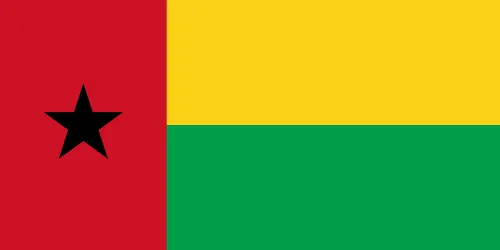
The Legacy of George Freeman Bragg and W. E. B. Du Bois in the Episcopal Church
The Episcopal Church has long been a vital space for dialogue and activism, especially among its African American leaders. Two pivotal figures in this context are George Freeman Bragg and W. E. B. Du Bois. Their contributions not only shaped religious thought but also impacted social justice movements in the United States.
Who was George Freeman Bragg?
George Freeman Bragg (1851-1940) was an esteemed Episcopal priest, historian, and church leader. Born in Baltimore, Maryland, he graduated from St. Stephen’s College and eventually became the first African American to be ordained a priest in the Episcopal Church in Maryland. Bragg was an influential advocate for racial equality within the church and effectively used his position to address the social issues of his time.
Bragg's most noteworthy contribution was his tireless effort to document African American history within the context of the Episcopal Church. He authored several key works, including "The Negro in the American Episcopal Church," which detailed the history, struggles, and accomplishments of African Americans in this religious institution. This work is significant not only from a religious standpoint but also for its scholarly contributions to the understanding of African American heritage.
The Influence of W. E. B. Du Bois
W. E. B. Du Bois (1868-1963) was a sociologist, historian, and civil rights activist. Though primarily recognized for his broader contributions to American society and the Pan-African movement, Du Bois also had a profound relationship with the Episcopal Church. Educated at Harvard and a prominent figure in the founding of the NAACP, Du Bois excelled in advocating for civil rights and racial justice.
Du Bois viewed the church as a platform for activism and a means to address social injustices faced by the African American community. In various writings and speeches, he underscored the importance of faith communities, including the Episcopal Church, in combating systemic racism. His perspectives often reflected a critical engagement with organized religion, encouraging institutions to align with the principles of social justice and community uplift.
Faith, Activism, and the Episcopal Church
Bragg and Du Bois's association with the Episcopal Church highlights a unique intersection of faith and activism. While Bragg focused on building a bridge within the church for African Americans, Du Bois aimed to instigate broader social change, advocating for a more equitable society through economic empowerment, education, and political participation.
Both figures recognized the need for the church to play an active role in the civil rights movement. Through their efforts, they encouraged African American congregants to utilize their positions within the church to fight against discrimination and marginalization. Their legacy continues to inspire many today, urging modern faith leaders to embrace justice as a central tenet of their ministries.
Continuing the Legacy Today
In recent years, the Episcopal Church has made strides towards inclusivity and reconciliation, actively addressing its historical complicity in racism. The works of trailblazers like Bragg and Du Bois remind contemporary leaders that the journey towards equality within religious communities is ongoing. Today, the Episcopal Church emphasizes the importance of diversity and social justice, echoing the foundational work laid by these two influential figures.
The ongoing conversations about race, faith, and activism underscore the relevance of Bragg and Du Bois's work today. Faith-based initiatives continue to engage in community service, advocating for policy changes that address racial injustice and promote equality.
Conclusion
As we reflect on the lives and legacies of George Freeman Bragg and W. E. B. Du Bois, we see the profound impact they had on the Episcopal Church and American society as a whole. Their commitment to faith and justice serves as a powerful reminder of the potential for religious institutions to be agents of change. We honor their contributions by continuing to promote equality, understanding, and justice within our communities.






